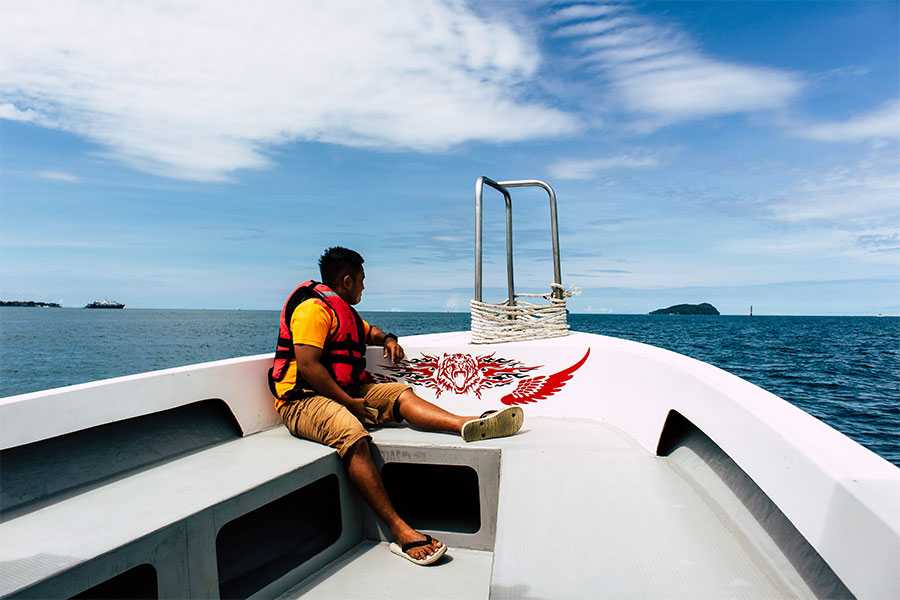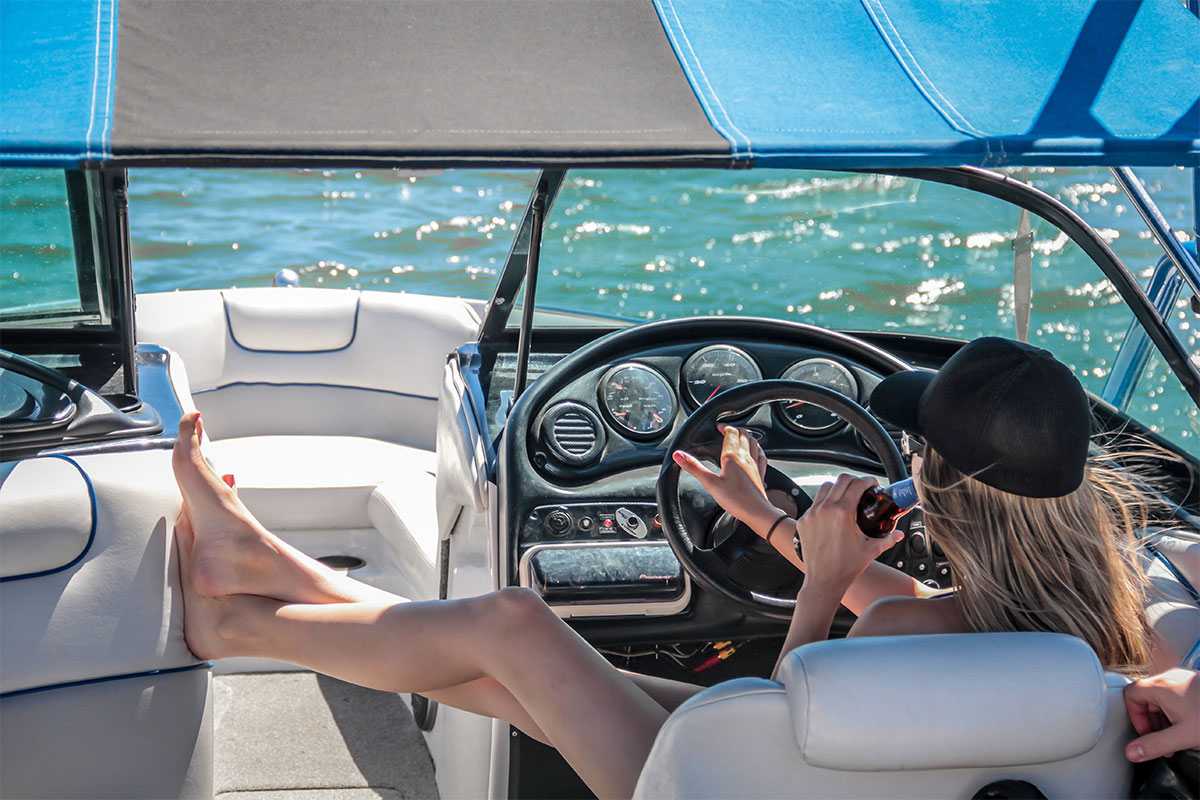You probably use your boat all summer long, making a point to get out on the water as often as possible. When the weather turns cold, most boat owners store their boat away after winterizing it, dreaming of the springtime when they can once again enjoy the sunshine and the rhythm of the waves. However, if you prepare correctly, there are many places where you can continue boating long after temperatures have dropped. The key to enjoying boating in winter is following the rules of winter boating tips.
Tips for Enjoying Water Boating in Winter!
If you’re planning boating in the winter, then follow these amazing tips to make your boating more adventurous.
1. Bundle Up
This sounds like a no-brainer, but dress as though it’s even colder than the temperature indicates. Once you’re on the water, it will feel even colder because of the damp air and the breezes. Layering is best, so you can peel off or add layers as needed. Ideally, your top layer should be water-resistant – damp clothing will chill you rather than keep you warm. Don’t forget a warm hat and gloves to protect against frostbite.
2. Have a Boat Engine Compartment Heater
There are specialized heaters you can have installed in the engine compartment to keep the engine and fuel lines from freezing up. These are specifically designed to keep the area where they are installed above freezing without overheating or using unnecessary power. Xtreme Heaters are easy to install and can work in tandem for larger boats.
3. Invest in a Ceramic Heater
Look for ceramic heaters rated for use in damp environments and that will turn off automatically when tipped over. Although you should always bundle up for winter boating, having a small heater running in the cabin can help keep the chill at bay.
4. Don’t Stay Out After Dark
Most people get plenty of cool, fresh air when boating in the wintertime if they go out for a few hours during the daytime. Because temperatures drop rapidly once the sun goes down, it’s a good idea to head toward shore a few hours before night falls. You don’t want to be shivering and miserable as you navigate home. Reserve night boating for warmer months.
5. Always Wear a Life Jacket

Even if you’re an excellent swimmer, cold water can send you into shock, making it difficult to control your movements. You may become disoriented, and hypothermia sets in within minutes in cold water. A life vest can keep you afloat until you are rescued if you fall overboard.
6. Double and Triple Check Your Emergency Equipment
Minutes count if there is a problem when boating in cold weather. Don’t leave the shore until you’ve confirmed you have fresh flares, a working radio, fire extinguisher, extra blankets and clothing, emergency beacons, flashlights, and a first aid kit.
Let Others Know Your Plans
It’s always a good idea to let someone on shore know when you’re out on your boat, but this is even more important for winter boat trips. There are far fewer people on the water to see or hear you if there’s a problem in the winter, so give others your schedule.
Boating in the winter is enjoyable but poses additional risks, so be sure you’ve adequately prepared before hitting the waves.








